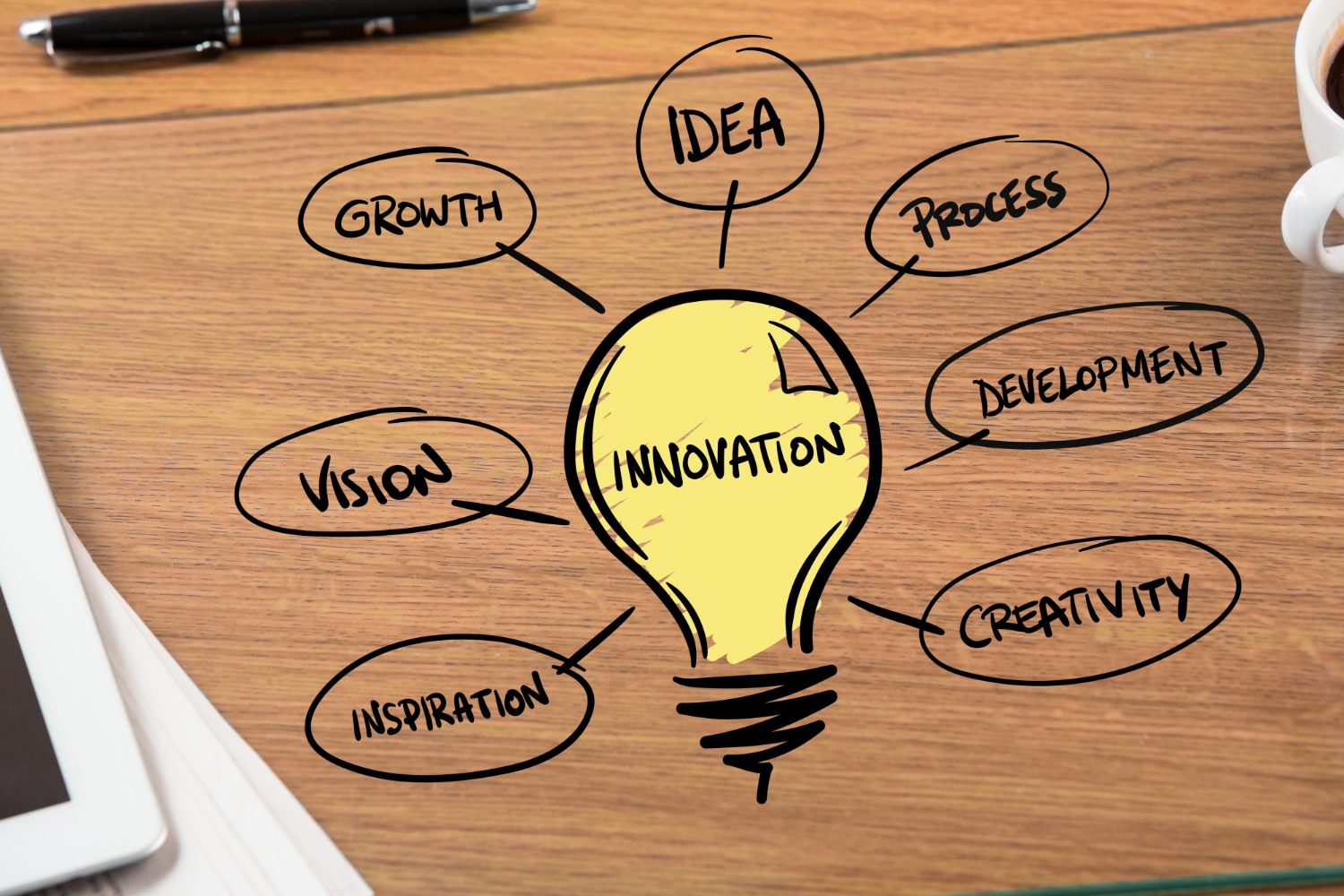As we step into 2024, it’s a good time to take a close look at how things evolved in 2023, especially in the world of process improvement. The way we do things at work changed a lot last year. New methods, tools, and ideas emerged, reshaping how businesses work with greater efficiency.
Let’s look back and see how these 2023 trends in process improvement made a big impact:
New Methods and Tools
Innovation became the heart of improving processes. Brand-new methods, like Agile principles, took the spotlight, helping companies streamline work and collaborate better. What was once used mainly in software development now helped businesses adjust quickly to market changes.

The toolbox grew too. New tools and technologies emerged, changing how businesses functioned. Artificial Intelligence (AI) became part of workflows, handling routine tasks automatically. This not only made things more efficient but also helped in making better decisions using data-driven insights.
Rethinking How Work Gets Done
The way businesses operated got a makeover. New ideas shaped how companies did things. They started focusing more on their employees, realizing they are crucial for making work better. Businesses encouraged teamwork, ownership, and always getting better.
AI-Powered Process Automation: Revolutionizing Workflows
The rise of Artificial Intelligence (AI) in process automation reshaped the landscape of operational efficiency. AI algorithms, powered by machine learning and data analytics, were seamlessly integrated into workflows across industries. This integration not only streamlined repetitive tasks but also empowered organizations to make data-driven decisions, leading to enhanced accuracy and significant cost reductions. Moreover, AI-driven automation enabled businesses to allocate human resources to more creative and strategic tasks, driving innovation.
Data-Centric Continuous Improvement: Insights Driving Transformations
Companies harnessed the power of Big Data analytics and Machine Learning to extract actionable insights from their operations. Real-time data analytics empowered decision-makers to identify operational bottlenecks, predict potential issues, and make informed, proactive decisions. The fusion of data-centric strategies with continuous improvement initiatives led to agile, adaptable, and efficient processes, positioning businesses ahead of the curve.
Agile Methodologies Beyond IT: Embracing Flexibility and Collaboration
Beyond its roots in software development, Agile methodologies gained traction in various sectors. Businesses recognized the value of Agile principles in fostering adaptability, cross-functional collaboration, and iterative improvements across diverse workflows. By embracing Agile methodologies, companies optimized their processes to swiftly respond to changing market demands, resulting in increased customer satisfaction and quicker time-to-market for products and services.
Focus on Employee-Centric Processes: Nurturing Innovation from Within
Acknowledging employees as key agents of change, organizations prioritized creating processes centered around employee experiences. Robust feedback mechanisms, tailored training programs, and collaborative platforms were implemented to foster a culture of innovation and ownership. By placing employees at the heart of process improvement initiatives, companies experienced heightened engagement, increased productivity, and a more empowered workforce.
Blockchain for Process Transparency: Ensuring Trust and Security
The integration of blockchain technology surged in industries requiring heightened transparency and security. Blockchain’s immutable and transparent nature empowered sectors like supply chain management and finance to enhance traceability, minimize fraud, and ensure greater trust across their operations. The adoption of blockchain not only streamlined processes but also laid the foundation for a new level of trust among stakeholders.
Remote Work Optimization: Redefining Processes in the Virtual Sphere
The year 2023 continued the monumental shift in work dynamics, emphasizing the need for redefined processes to optimize remote work environments. Embracing this transformation, businesses ventured into uncharted territory, exploring innovative methods and technologies to enhance productivity, collaboration, and well-being in remote settings.

Leveraging Technology for Seamless Collaboration
In response to the surge in remote work, organizations harnessed a myriad of collaboration tools and platforms. From video conferencing solutions to project management software, companies adopted technologies that facilitated efficient communication and project tracking, ensuring teams remained connected despite geographical barriers.
Redefining Workflows for Remote Productivity
The adaptation of traditional workflows to suit remote settings became a focus area in 2023. Companies reevaluated and redesigned processes to accommodate remote collaboration, ensuring clarity in task allocation, setting realistic milestones, and fostering a culture of accountability and flexibility to maintain productivity levels.
Nurturing a Remote Work Culture
The significance of a robust remote work culture emerged prominently. Organizations prioritized employee well-being, implementing measures to combat burnout and isolation. Initiatives such as virtual team-building activities, mental health support, and flexible working hours contributed to creating a conducive remote work environment.
Ethical AI in Process Improvement: Striking a Balance between Innovation and Responsibility
As Artificial Intelligence continued to shape process improvement initiatives, the ethical use of AI garnered heightened attention in 2023. Businesses grappled with the responsibility of deploying AI technologies ethically, ensuring fairness, transparency, and accountability in their applications.
Accountability and Governance in AI Implementations
With great AI capabilities came greater responsibilities. Companies invested in robust governance frameworks and ethical guidelines governing AI usage. This involved clear delineation of accountability, establishing protocols for AI-driven decision-making, and mechanisms for addressing unintended consequences.

Conclusion
Looking back, the year 2023 was undeniably marked by a shift in how businesses approached process improvement. The cutting-edge technologies, AI, and human-centric approaches set the stage for a new era of efficiency, innovation, and responsible business practices.
As we embark on the journey into 2024, the lessons learned from these trends serve as guiding beacons, urging us to continually evolve, adapt, and embrace the ever-changing landscape of process improvement to shape a brighter, more efficient future. Happy new year!
Ready to elevate your business to new heights? Check out Cadynce, the software solution that is redefining how work gets done . Powered by the latest cloud, AI, and next-gen APIs, Cadynce offers a complete 360-degree view of your business at scale.
What sets us apart? We’ve made innovation easy. Cadynce is designed with citizen developers in mind, putting you in control. Build your own applications, manage documents seamlessly, integrate data effortlessly, and streamline workflows with ease. Contact us today!






